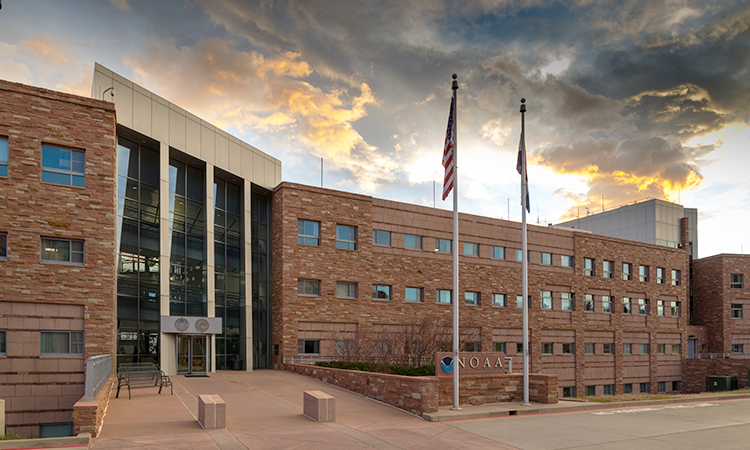Seminar
Climate models are uncertain, but we can do something about it

Ken Carslaw, University of Leeds
Wednesday, March 14, 2018, 3:30 pm Mountain Time
DSRC 2A305
Abstract
The title of my presentation follows a recent EOS article that I wrote on the importance of exploring model uncertainty (Carslaw, K. S., L. A. Lee, L. A. Regayre, and J. S. Johnson, Climate Models Are Uncertain, but We Can Do Something About It, EOS, 99, doi: 10.1029/2018EO093757, 2018). Models of climate and atmospheric phenomena are usually very complex, which makes it extremely challenging to explore all the potential model behaviors and the uncertainty in our predictions. In this presentation I will show how we can go beyond relatively simple model sensitivity tests to being able to generate multi-dimensional "response surfaces" that describe how any model output depends on any combination of model inputs or parameter values. These surfaces can be used to explore complex model behaviour or they can be sampled to quantify the uncertainty in model predictions. I will show some examples of how we can explore model behavior and quantify uncertainty related to stratospheric volcanic perturbations, cloud physics and aerosol radiative forcing.
Ken Carslaw's research involves modelling of the physical and chemical properties of atmospheric aerosols and the effect on clouds, atmospheric composition and climate. The Global Model of Aerosol Processes (GLOMAP) is a major advance on previous global models and has been used to study a wide range of aerosol processes in the atmosphere, including new particle formation, marine aerosol, dust emission and transport, and cloud condensation nuclei. GLOMAP is also being used in an Earth System model to study the interactions between aerosol, the oceans and the biosphere from seasonal to palaeo timescales. His research also examines the impact of aerosol on cloud processes and precipitation using advanced numerical models. See his Aerosol Modelling Research Group page. In 2001, Ken was a cofounding editor of Atmospheric Chemistry and Physics and remains an Executive Editor.
ALL Seminar attendees agree not to cite, quote, copy, or distribute material presented without the explicit written consent of the seminar presenter. Any opinions expressed in this seminar are those of the speaker alone and do not necessarily reflect the opinions of NOAA or CSL.